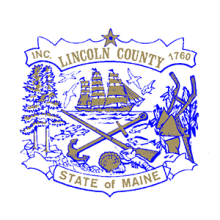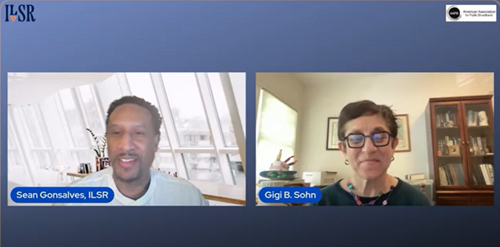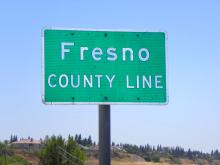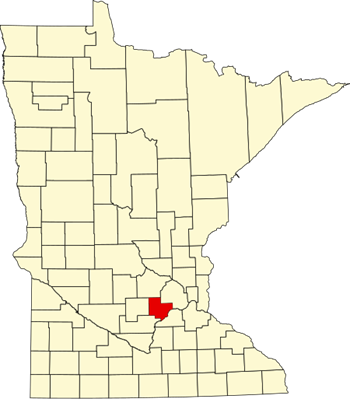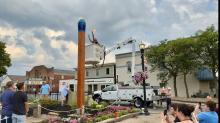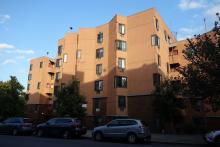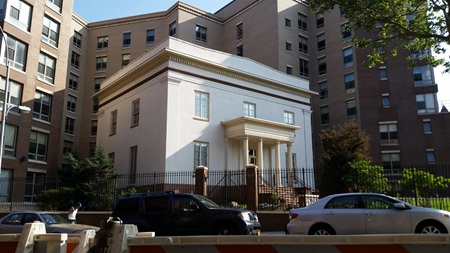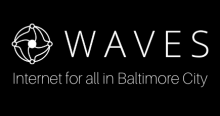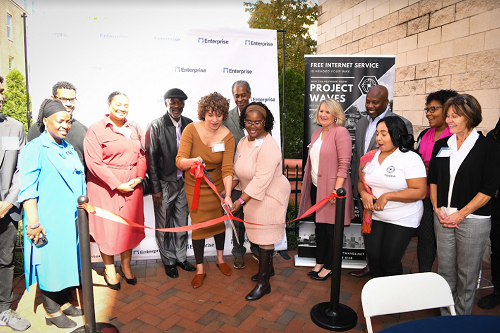Longmont Colorado’s Nextlight Network Hits 28,000 Subscriber Milestone
Since it first broke ground in 2014, Longmont, Colorado’s city-owned NextLight fiber network has won numerous awards and inspired countless communities nationwide.
Now the popular community provider has reached another milestone: it now delivers next-generation affordable fiber access to 28,000 area residents.
The municipal broadband provider also announced that ongoing community support means the city is on track to repay its construction bond by the 2029 due date.

“NextLight currently passes about 90 percent of the 47,000 premises in Longmont,” NextLight’s Scott Rochat told ILSR. “So at present, we serve about two-thirds of those homes and businesses. We’re delighted to see that so many in the community have chosen to make NextLight their choice for internet service, and we keep welcoming more.”
Last year, Rochat told ILSR the network passed 42,000 premises and was seeing a 64 percent take rate in Longmont.
The network has been so popular locally that officials have pushed the fiber network into neighboring areas, funded exclusively by subscriber revenues and money set aside for capital projects, with no bonding or other supplementary funds involved.



